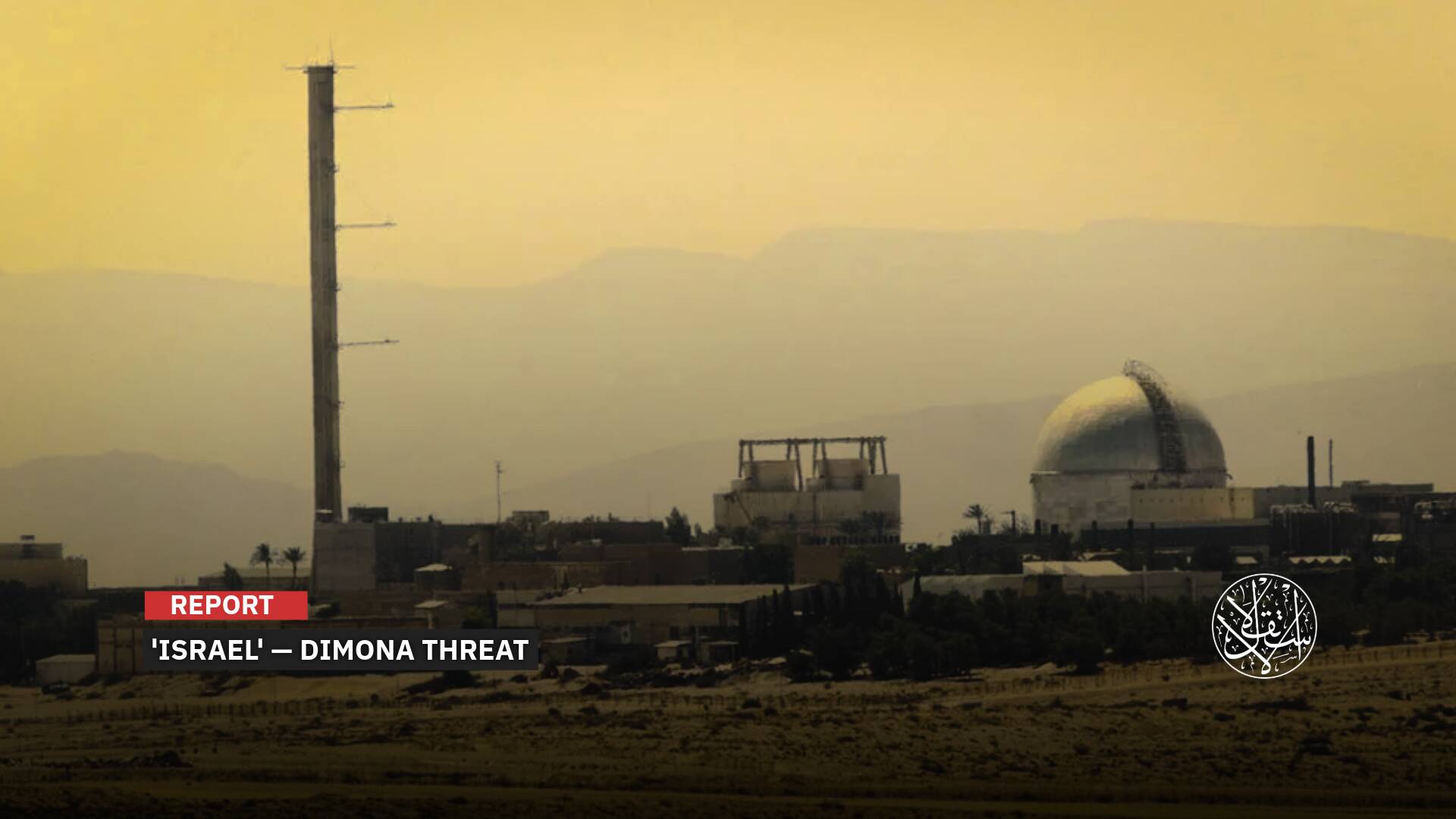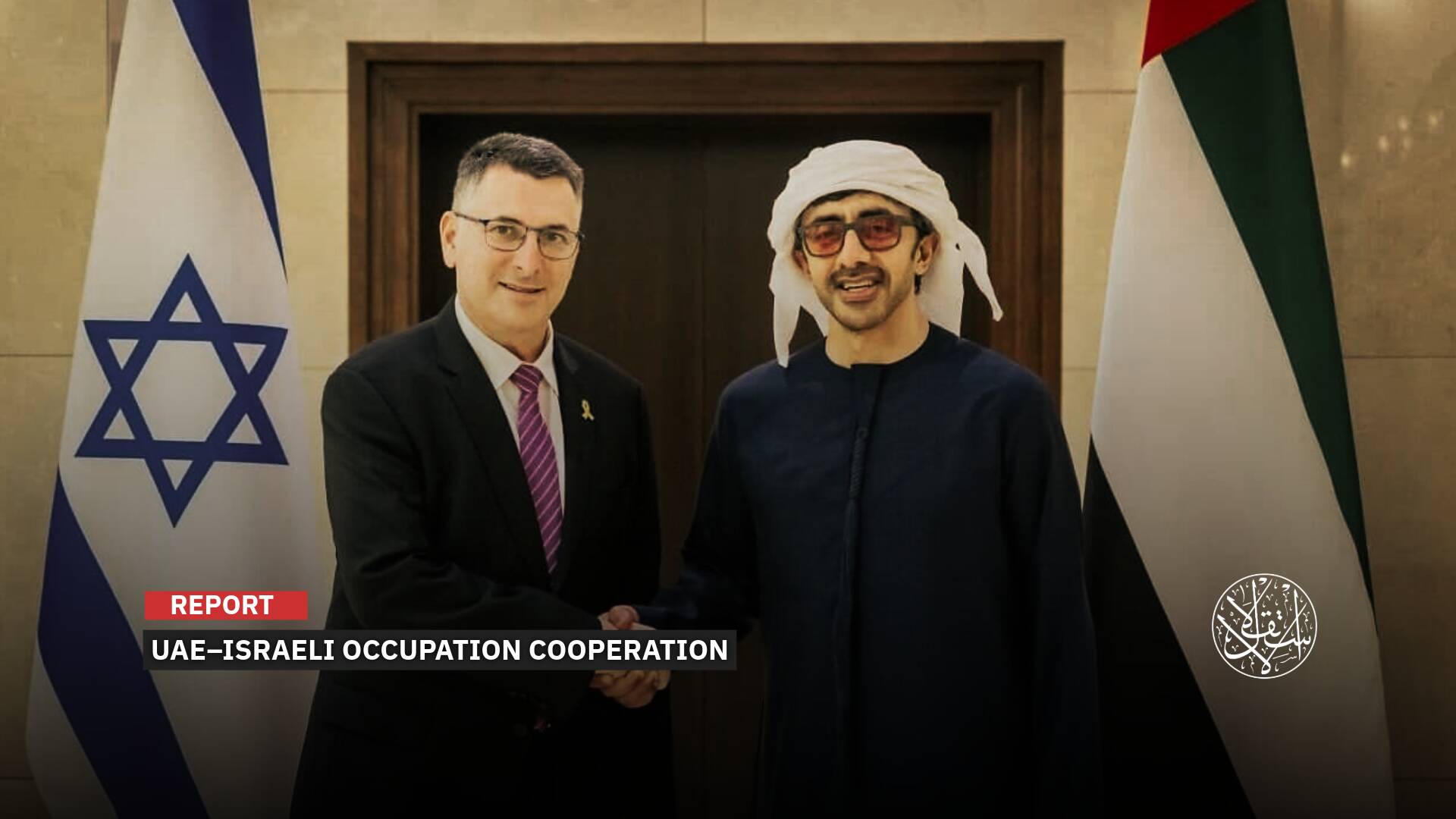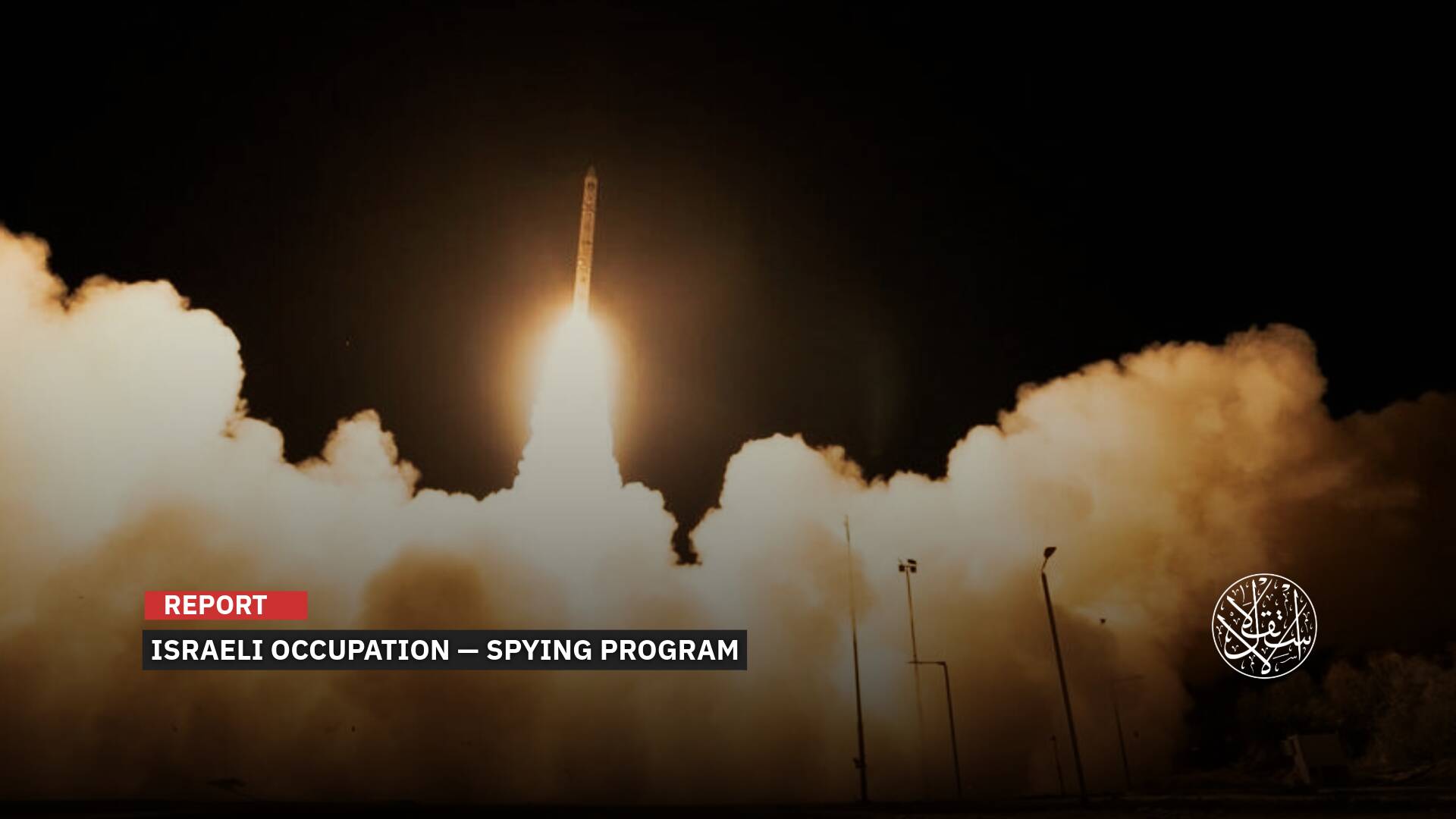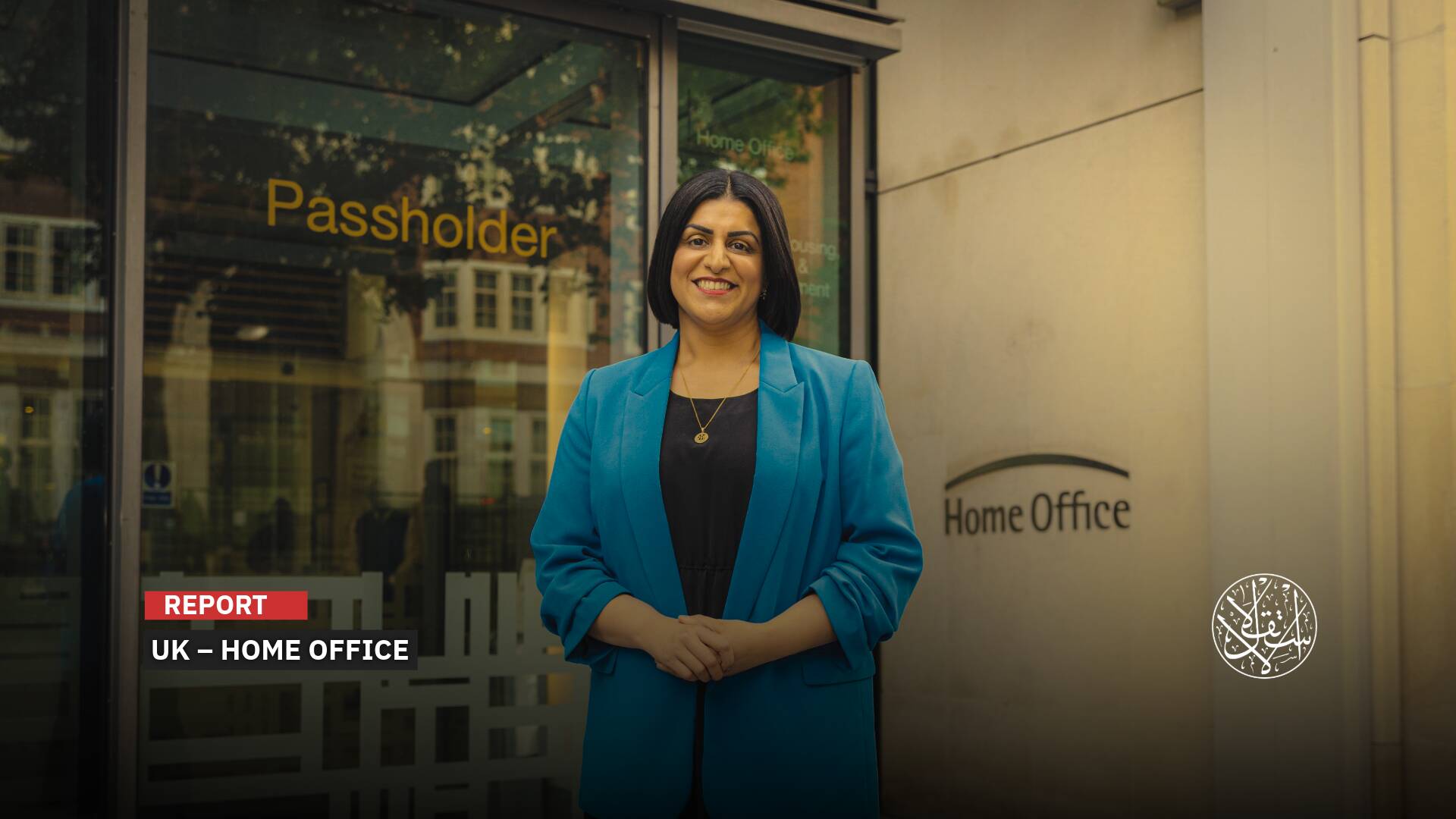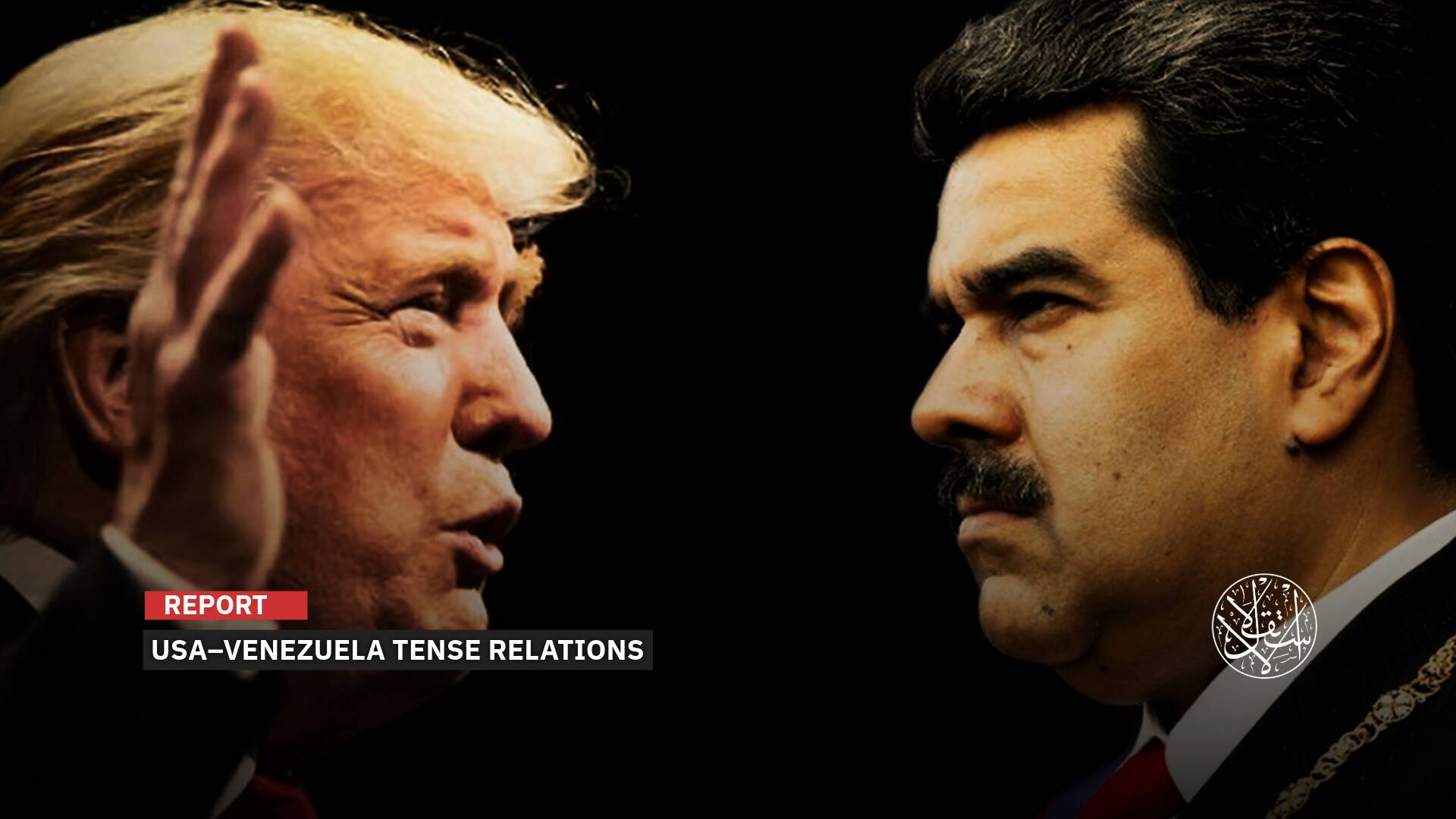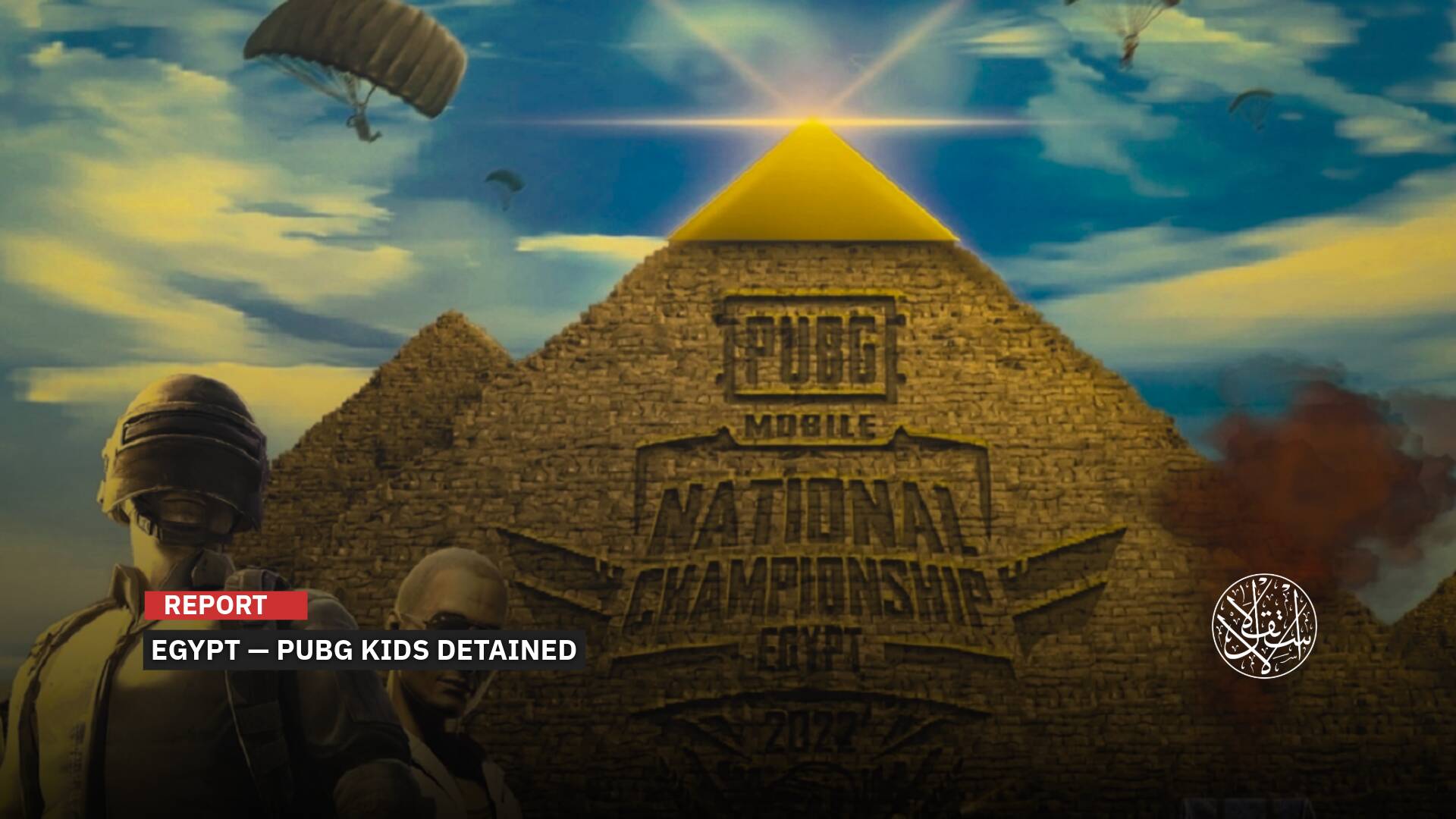Through Its Ambassador in Washington, the UAE Breaks Arab Consensus on Gaza

Le Monde: “United Arab Emirates break Arab front against Trump's Gaza plan.”
As the Arab and Islamic world stands united against U.S. President Donald Trump’s plan to displace Palestinians from Gaza to Egypt and Jordan, the UAE’s ambassador to Washington, Yousef al-Otaiba, has drawn attention with remarks that appear to contradict that stance.
“I don't see an alternative to what's being proposed. I really don't. So if someone has one, we're happy to discuss it, we're happy to explore it, but it hasn't surfaced yet,” the diplomat said during the World Government Summit in Dubai on Wednesday, February 12.
He added that the UAE would “try” to find common ground with the Trump administration. “I think the current approach is going to be difficult,” he said. “But at the end of the day, we're all in the solution-seeking business. We just don't know where it's going to land yet.”
Al-Otaiba described the UAE's position as “flexible,” noting that they express their opinions clearly and are very frank without regret. He mentioned that sometimes their friends listen to them, while other times they do not. While the UAE agrees on certain positions and disagrees on others, they always strive to find common ground, he said.
His comments raised concerns as he did not acknowledge alternative plans put forward by Egypt and Jordan, which have sought to counter Trump’s proposal by advocating for Gaza’s reconstruction and the continued presence of its residents.
Notably, al-Otaiba did not reject Trump’s plan, nor did he criticize it or affirm Palestinians’ historic rights to their land—a stance at odds with broader Arab diplomatic efforts to present a united front against forced displacement.
His remarks have sparked a debate: Where does the UAE stand on Gaza? Does its position align with the Arab consensus, or has it charted a separate course from the outset?
Breaking Ranks
The UAE is seen as undermining Arab unity by adopting a neutral stance on Trump’s plan for the forced displacement of two million Palestinians from Gaza to Egypt and Jordan, fracturing the once-unified Arab position against it, as per Le Monde.
Al-Otaiba’s statements contrast with the firm stance of other Arab partners in opposing the proposal.
Le Monde cited Egypt and Jordan’s unequivocal rejection of any forced relocation of Palestinians, describing it a “red line” and dismissing Trump’s proposal as more than mere speculation.
Jordan’s King Abdullah II was among the first to take a firm public stand, appearing visibly tense during a high-stakes meeting with Trump in Washington on February 11, where he stressed the existence of an alternative Arab plan.
“The United Arab Emirates are not opposed to a united Arab position; they are expressing a less hardline position on the Trump plan because they feel trapped in an agreement they made with Mr. Trump and Mr. Netanyahu,” Hussein Ibish, a Gulf specialist at the Arab Gulf States Institute in Washington, told Le Monde.
“Ambassador Otaiba is making the most moderate statements; that is his role. The harshest language is coming from Egypt and Jordan, with the support of Saudi Arabia.”
However, Le Monde pointed to contradictions in the UAE’s position. The Gulf nation normalized ties with “Israel” under the 2020 Abraham Accords, a move that has shaped its approach to the Palestinian issue.
In a notable development, Trump personally acknowledged al-Otaiba’s remarks, signaling his approval by sharing them on Truth Social.
Trump reposted a news link highlighting al-Otaiba’s statements—an apparent indication of alignment between Washington and Abu Dhabi on the issue.
Leaning Into ‘Israel’s Orbit’
From the outset of the Israeli war on Gaza, the United Arab Emirates (UAE) took a position that diverged from the broader Arab consensus, at times expressing sympathy for the Israeli Occupation.
On October 9, 2023, as Israeli airstrikes targeted civilian neighborhoods in Gaza, the UAE Foreign Ministry condemned Hamas' attacks on Israeli towns and villages near the enclave, calling them a “dangerous and serious escalation.”
The UAE statement extended condolences to the families of the “victims” and emphasized the need for full protection of civilians under international humanitarian law, stressing that they should not be targets of “the conflict.”
Former Israeli Prime Minister and current opposition leader Yair Lapid later revealed that he had spoken by phone with UAE Foreign Minister Abdullah bin Zayed. According to Lapid, bin Zayed expressed full solidarity with “Israel” in response to the attacks it had faced.
The UAE-”Israel” rapprochement continued on multiple fronts despite the genocidal war on Gaza.
On October 10, 2023, UAE Minister of State for Foreign Trade Thani al-Zeyoudi dismissed concerns that “Israel’s military campaign” in Gaza would impact economic ties between Abu Dhabi and Tel Aviv.
“We don't mix the economy and trade with politics,” he told reporters in Dubai.
The UAE had signed a Comprehensive Economic Partnership Agreement with “Israel,” which took effect in March 2023, making it the first free trade agreement between the Israeli Occupation and an Arab state.

Al-Dhafra Air Base
Controversy over the UAE’s stance on the Gaza war coincided with reports of A-10 ground-attack planes arriving at al-Dhafra Air Base. The aircraft were deployed to support “Israel” in its war and deter any attacks against it. The revelation came as anger across the Arab world intensified over images of destruction in Gaza, putting the UAE government in an awkward position, The Wall Street Journal reported on October 12, 2023.
The UAE Foreign Ministry denied the reports, stating on X that the presence of U.S. aircraft at al-Dhafra followed “pre-scheduled timelines set months in advance.”
However, skepticism surrounded the UAE’s denial, particularly as the United States had begun establishing an airlift to bolster “Israel’s defenses,” alongside the deployment of a U.S. aircraft carrier to the Mediterranean.
At the same time, Britain announced it would send two Royal Navy ships to the Mediterranean to support Tel Aviv.
These developments reinforced speculation that al-Dhafra Air Base was part of broader Western efforts to channel military support to “Israel” in its genocide on Gaza.
Syria Warning
The UAE’s role extended beyond logistics to regional diplomacy, with efforts to protect “Israel” from potential threats.
According to Axios, the UAE issued a stern warning to Bashar al-Assad’s government in Syria, urging it not to intervene in the war between Hamas and “Israel.” The warning included a demand to prevent any attacks on the Israeli Occupation from Syrian territory.
The report noted that the UAE, which had restored ties with Assad’s regime and invited him to Abu Dhabi, wielded more influence in Damascus than most Arab states. The UAE reportedly leveraged this influence in favor of “Israel,” ensuring Syria remained uninvolved as “Israel” intensified its war in the Strip.
UAE officials relayed these warnings to senior Syrian figures and informed the Biden administration that Syria would not pose a concern during the war.
The UAE’s alignment with “Israel” was not limited to diplomatic and military channels but extended to sports.
On October 11, 2023, during a friendly match between Egypt and Zambia at Hazza bin Zayed Stadium in Al-Ain, security personnel barred Egyptian players and fans from displaying the Palestinian flag.
Huda Bahaa, wife of Egyptian footballer Ahmed Sayed “Zizo,” revealed on Instagram that players intended to take the field with Palestinian flags, but stadium security blocked them—banning both players and fans from displaying the flag.
“This is the stance of the Muslim state of the UAE!” Bahaa said.

Black Record
The UAE signed a U.S.-brokered peace deal with “Israel” on September 20, 2020, but its close cooperation with the Israeli government—particularly in intelligence matters—predates that agreement by years.
During “Israel’s 2014” war on Gaza, known by the Palestinian Resistance as Operation Protective Edge, the UAE’s role extended beyond diplomacy into espionage.
As Israeli airstrikes pounded civilian neighborhoods, causing hundreds of deaths, the UAE sent a Red Crescent medical delegation of 50 doctors to Gaza, ostensibly to establish a field hospital for the wounded.
However, the delegation abruptly left Gaza within a day through the Rafah crossing, leaving behind all its equipment without prior notice.
At the time, Arab media outlets, including Al-Jazeera and al-Quds al-Arabi, reported that the UAE team’s sudden departure was linked to a scandal: Hamas’ security forces had uncovered that some members of the delegation were working for Israeli Occupation’s Mossad.
Their covert mission, according to reports, was to gather intelligence on the locations of Hamas’ military wing, the al-Qassam Brigades, and its rocket launch sites.
Hamas detained the entire team for interrogation, during which several members allegedly admitted to being senior officers in Abu Dhabi’s intelligence services.
To defuse the crisis, Abu Dhabi reportedly engaged in high-level talks with Hamas leadership, mediated by Mohammed Dahlan, then an advisor to Abu Dhabi Crown Prince Mohammed bin Zayed. The negotiations ultimately led to the release and expulsion of the Emirati operatives from Gaza.
Sources
- United Arab Emirates break Arab front against Trump's Gaza plan
- Some U.S. Military Jets Arrive in Region
- ‘I Don’t See an Alternative to What’s Being Proposed’: UAE Envoy Speaks Out on Trump Gaza Proposal
- Crimes of the US-Saudi-Emirati aggression on this day, February 20 [Arabic]
- UAE's position on Trump's Gaza plan sparks controversy [Arabic]



